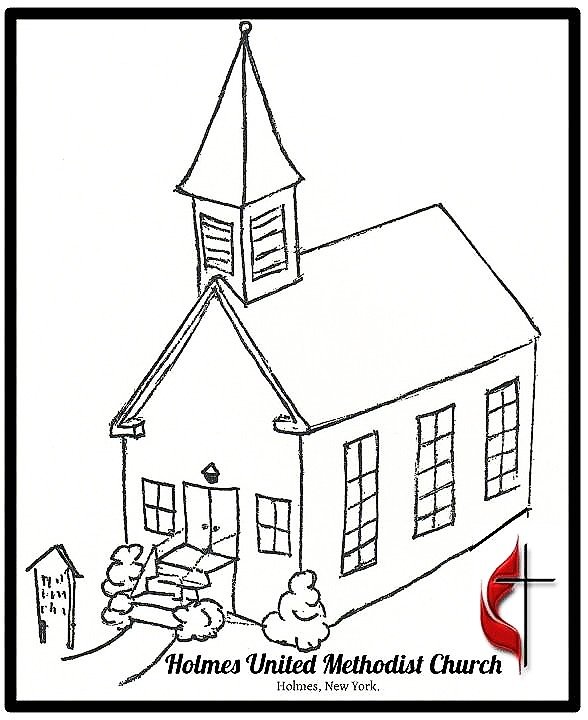SHALL vs Should
While “should” and “shall” are similar words, they have distinct meanings.
Why It Matters
Both “should” and “shall” are helping verbs or auxiliary verbs. They work with another verb to refine the meaning. However, the meaning they add is different. Ultimately, they indicate whether something might happen or definitely will happen. While it might sound subtle, that’s actually a very important distinction.
“Should” Indicates Uncertainty
When you say something should happen or someone should do something, you aren’t saying that thing is definitely going to happen. There’s a degree of uncertainty that goes with this word. It may mean it would be good if this thing occurred or the thing is likely to occur, but it is not a guarantee.
“Shall” Is More Certain
In contrast, “shall” indicates something that will happen or that it is a promise about something. There’s nothing uncertain about it. "Shall" tends to be more formal as well, as might be the case with official rules.
Citation: https://grammar.yourdictionary.com/vs/how-to-use-should-vs-shall-in-the-correct-context.html
Jesus tells us with outmost certainty that God’s teachings, His teachings, and ultimately our faith is all that we need in life. Jesus doesn’t guarantee that our physical life will be without struggle, without pain, without death because of the original sin. His guarantee is in our eternal/spiritual salvation! We Shall not want, because for the faithful, Jesus already given us the salvation and every blessing. Our physical life is temporary, it’s just a preparation for our eternal life with God. Our goal is to live a righteous and peaceful life so that God may radiate through us and inspire them to regain their faith!
[Two words that speak volumes of what Psalm 23 means when it declares, “Even though I walk through the valley of the shadow of death, I will fear no evil, for you are with me.”
Here is Jesus — our Lord and Shepherd — not merely looking down on our sorrow from a distance and feeling for us with sympathy, but coming alongside and entering into our suffering as one of us and in empathy He is with us.
But even more than coming alongside us, our Shepherd steps up for us with the strength of the Almighty Rescuer that He is, able to defeat our most terrifying enemy. For we read in this same chapter Jesus announcing: “I am the resurrection and the life whoever believes in me, though he may die physically, yet he will live again eternally.” (John 11:25)
Because of what the Shepherd has done for His sheep, death does not win; even though, for now, we stand in the valley of its dark shadow and often, like Jesus, weep at a graveside feeling as though the hole in our heart inside us is bigger than the hole in the earth in front of us. Even in that hard place — and especially there — the Lord is with us; our Shepherd has gone before us and opened up the way for us to follow. Jesus said, “I am the good shepherd. The good shepherd lays down his life for the sheep. My sheep listen to my voice; I know them, and they follow me. I give them eternal life, and they shall never perish; no one will snatch them out of my hand.” (John 10:11, 27-28)]
Citation: https://www.recorder.com/Faith-Matters-Emberley-40224274#:~:text=Psalm%2023%20reminds%20us%20that,and%20kindness%20of%20our%20God.


